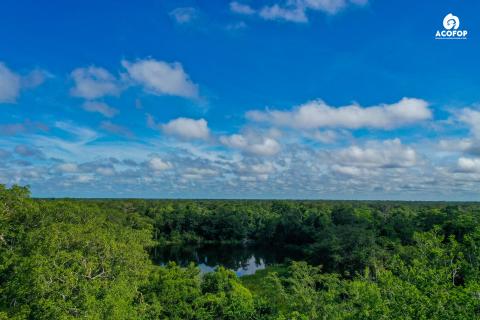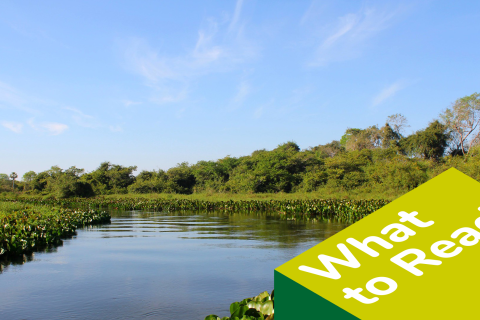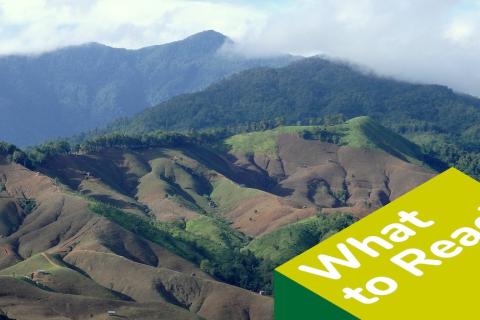No right to land for migrants?
Overcoming land tenure deadlock in a context of complex ethnic tensions in the Cavally Region of Côte d’Ivoire
The Intersection of Tenure Rights and Climate Action
On March 5, 2025, the FAO and the Global Land Alliance launched an important study titled Collective Tenure Rights and Climate Action in sub-Saharan Africa. This study consolidates extensive research on how collective land tenure arrangements impact forest conditions, biodiversity, and the livelihoods of Indigenous peoples and local communities across the
How global climate initiatives can risk Indigenous women’s land rights
Recognizing Indigenous lands is important to achieving forest and biodiversity targets and mitigation goals. This is directly acknowledged in initiatives like the Global Biodiversity Framework’s 30x30 Target, Reducing Emissions from Deforestation and Forest Degradation in Developing Countries (REDD+) and Net Zero by 2050.
However, the actions necessary to achieve these targets can sometimes result in pressure and infringement on Indigenous and local land tenure systems that are already insecure due to lack of formal recognition and communities’ weak participation in decision-making related to climate initiatives. These pressures are experienced differently by women and men because of social, economic and political dynamics that influence land tenure and community governance systems. Failure to account for gender when implementing climate initiatives can risk eroding the traditional land entitlements of women and trigger additional negative impacts.
Beyond land tenure, youth land rights fosters socioeconomic development
Africa is the youngest continent in the world, with a median age of around 20. This rising generation of youth presents an enormous opportunity for socio-economic development. But for Africa’s young people to unlock their full potential, they need full enjoyment of land rights – a cornerstone for economic opportunity and social empowerment.
Standing at the Entrance to Chiribiquete
An Indigenous community in the Colombian Amazon learns basic land surveying to fix the errors of the past.
Webinar recap - Navigating Loss and Damage : A Path to Justice for Indigenous Peoples
Under the umbrella of the Land Dialogues series, the last webinar of this year’s series “Navigating Loss and Damage : A Path to Justice for Indigenous Peoples” took place on December 5th, 2024. The webinar drew in a little over 250 participants. The series is organized by a consortium of organizations, including the Land Portal Foundation, the Ford Foundation and the Tenure Facility and this particular webinar was












